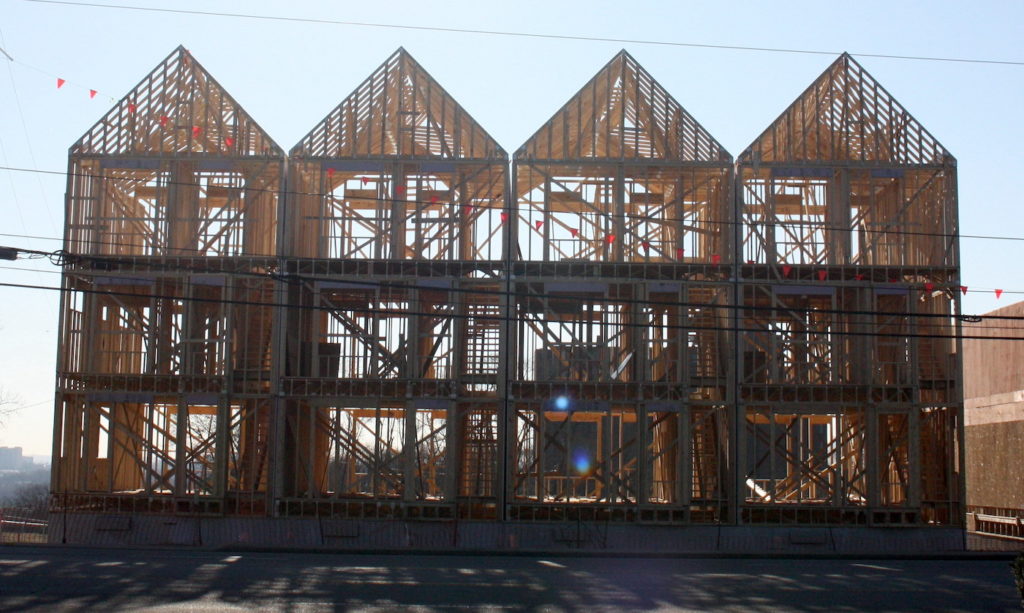
Given an invite to share thoughts about Nashville’s spending priorities, residents turned out for Tuesday night’s Metro Council meeting.
More than 50 people spoke during the two hours set aside for pre-budget public comment. Each speaker was allocated two minutes to make their appeals for priorities before the draft budget comes out, and a few topics came up time and time again.
Leading the pack was affordable housing, with at least 10 people taking to the podium to the make their case.
Early on, Karl Meyer pleaded with the council to provide “warm, dry, decent and secure housing for every person living in Metro Nashville.”
“During my 27 years in Nashville, mayors and council have approved borrowing hundreds of millions of dollars to help super wealthy investors build facilities for their hobby sports teams,” Meyer said. “Now, Metro should borrow hundreds of millions to actually solve our affordable housing problem.”
Other speakers asked for funding increases for the Barnes Housing Trust Fund, suggested tax bumps to support affordable housing and requested housing support specifically intended for young people and older adults.
Another popular request was funding for Metro Arts. Metro Arts has historically asked for 1% of the combined city and school budget. Many speakers spoke to the importance of this dedicated amount.
“Illuminating the darkness is something that we need. So when you fund art, you fund light,” film director Princella Smith told the council. Smith, who is working on a film about the Oklahoma City Bombing, was a recipient of arts funding last year. She said that she never received the full amount that she was promised, which has slowed progress on her current project.
Some speakers asked for this 1% to be split 50-50, dividing funds between large institutions and smaller organizations or independent artists.
Finally, calls for bike and pedestrian safety resounded in the council chambers, as a group of bike riders — who call themselves a “critical mass” — appealed to the council on the need for safer infrastructure.
“I bike my 4-year-old and my 17-month-old all over town and I can show you a map where I have almost died,” Joseph Lee said. “But that’s just the map of all of Nashville.”
Speakers pointed to the high rates of pedestrian deaths across the city and the drop in funding for Vision Zero and sidewalks in Mayor O’Connell’s recently released capital spending plan.
Also mentioned during the comment period were the cost-of-living adjustment (COLA) for Metro employees, education, ADA accommodations in parks and new developments, funding for youth violence prevention nonprofit The Village and reallocations of police funding into other public safety initiatives.
The pre-budget public comment period allows residents to share their thoughts before the mayor submits the proposed budget. It does not replace the Budget Public Hearing, which is scheduled for June 4, after the mayor finalizes his proposal. Unlike the pre-comment period — which is limited to two hours total — the Budget Public Hearing will be held for an unlimited amount of time, depending on how many speakers show up.

